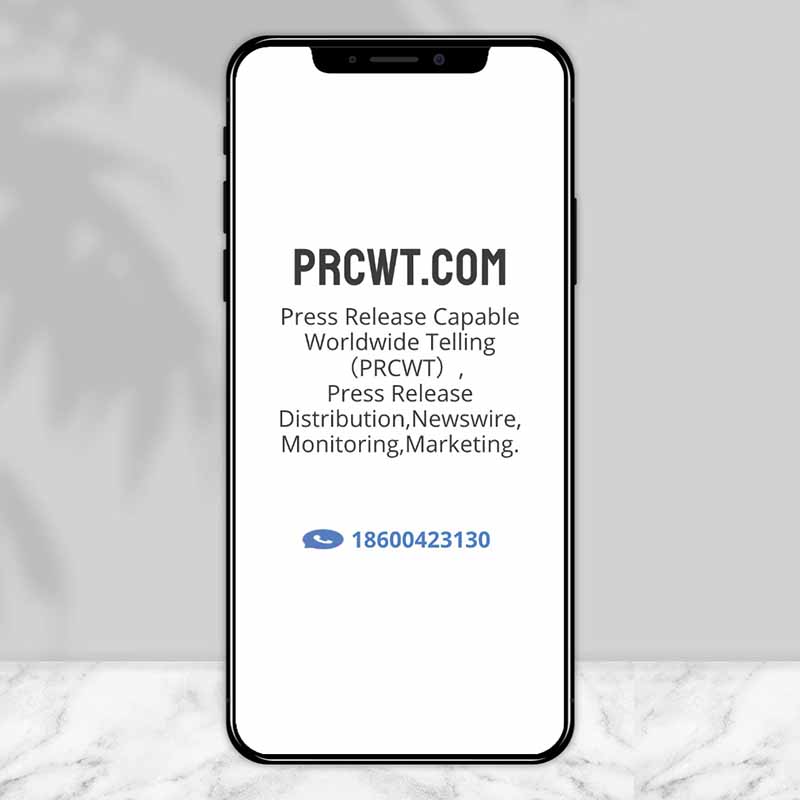In the highly competitive world of business, a brand's story has become an essential element for success. A compelling brand story not only captures the attention of consumers but also creates a deep emotional connection. It allows a brand to stand out from the crowd and differentiate itself in the marketplace.
The power of brand storytelling lies in its ability to communicate the brand's values, mission, and vision. By telling a story, a brand can convey its unique identity and personality, making it more relatable and memorable to consumers. A well-crafted brand story can also evoke emotions, such as joy, excitement, or trust, which can lead to increased brand loyalty and advocacy.
To create an effective brand story, it is important to understand the target audience and what they care about. The story should resonate with the audience on an emotional level and address their pain points or desires. It should also be authentic and consistent with the brand's values and positioning.
One example of a brand that has successfully used storytelling is Apple. Apple's brand story is centered around innovation, simplicity, and design. Their products are not just devices but tools that help people express themselves and connect with others. Apple's marketing campaigns often feature inspiring stories of people who have used their products to achieve great things, further reinforcing their brand narrative.

In addition to storytelling, brands can also use other elements such as brand voice, visual identity, and customer experience to create a consistent and compelling brand story. By integrating these elements, a brand can create a holistic brand experience that leaves a lasting impression on consumers.
In conclusion, brand storytelling is a powerful tool for brands to connect with consumers and build a loyal following. By telling a story that is authentic, relevant, and emotional, brands can differentiate themselves and create a competitive advantage in the marketplace.